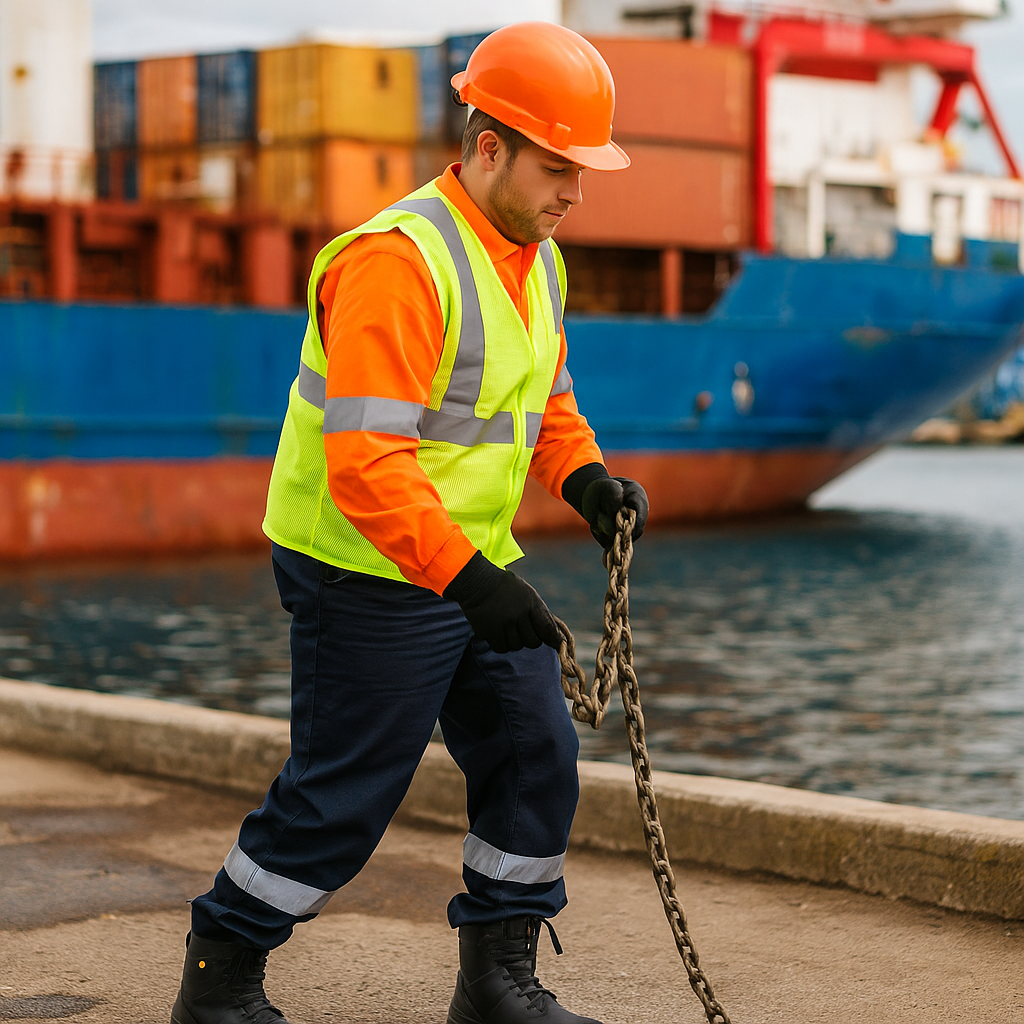When is workwear tax-deductible?
The Dutch Tax Authorities distinguish between regular clothes and company workwear. Workwear is deductible if used exclusively or almost exclusively for business purposes.
Belastingdienst rules for deductible workwear
Workwear counts as deductible if you meet one of these conditions:
-
Only suitable for work, e.g. flame-resistant coveralls, safety boots.
-
Permanent company logo of at least 70 cm².
-
Personal protective equipment (PPE) such as helmets, safety shoes, or flame-retardant jackets.
If these conditions are met, both purchase and maintenance costs are deductible.
Company clothing and the Belastingdienst
The Dutch Tax Authorities call this company clothing. Whether you buy it yourself or through your business, it is fully deductible if it meets the rules.
Examples of deductible company clothing
-
Safety shoes (S3, waterproof, antistatic)
-
Overalls with company logo
-
Hi-vis reflective jackets
-
Flame-retardant welding gear
-
Helmets, gloves, and other PPE
Tax benefit for freelancers
Declaring workwear as deductible lowers your taxable profit. This means less tax to pay — an important saving for freelancers in construction, offshore, or logistics.
Always keep receipts and invoices as proof.
Practical examples
-
Painter with white trousers + logo → deductible
-
Welder with flame-retardant gear → deductible
-
Builder buying sneakers for private + work use → not deductible
Conclusion
Freelancers can often deduct workwear and company clothing if they meet the Belastingdienst requirements. It’s not about what you wear, but whether it’s strictly for work, protective, or visibly branded.
Always check the Belastingdienst rules to maximize tax benefits while staying safe at work.



